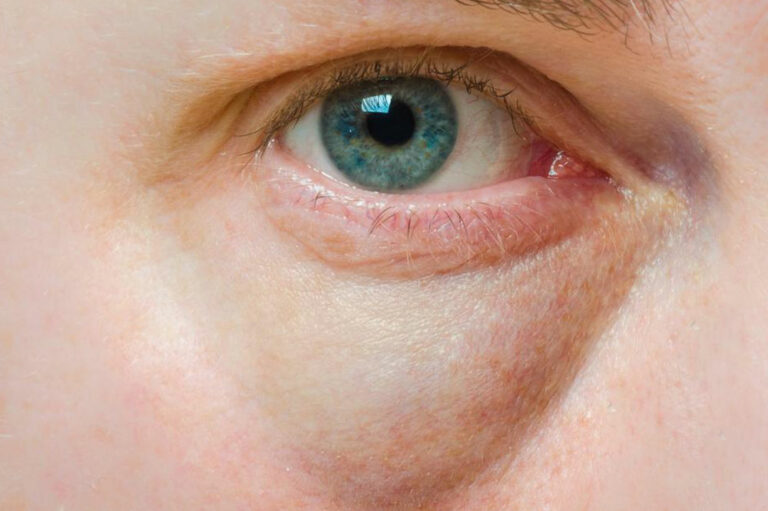
Heart diseases – Its symptoms, causes, and risk factors
Heart disease is a cluster of diseases that affect the heart. The different diseases that come under this cluster are various blood vessel-related conditions, like coronary artery disease, congenital heart problems, and heart problems related to the rhythms or arrhythmias.
The terms heart disease and cardiovascular disease are often used interchangeably. However, cardiovascular diseases are often heart-related problems that cause blocking or narrowing of blood vessels. These diseases have the potential to cause severe problems, such as heart attacks, a stroke, or chest pain.
Most heart diseases can be treated. However, to cure them, it is important to know about the various heart diseases and how to identify them.
Symptoms of a heart disease
Every heart disease requires a different type of treatment. However, when it comes to the symptoms, you can find many similarities. All the warning signs are important to identify heart disease and receive proper treatment. Therefore, you must stay watchful and rush to a doctor if you notice any of these symptoms.
Coronary artery disease
The most common symptom associated with this type of heart disease is chest pain or angina. This symptom usually causes heaviness, ache, squeezing, or extreme discomfort and pain in the chest. Angina is commonly confused with indigestion or acid reflux. Other than this, several other symptoms associated with this heart disease include:
- Breathlessness
- Dizziness or weakness
- Heart palpitations
- Nausea
- Rapid heartbeat
- Sweating
Heart attack
Several symptoms can help identify a heart attack. These include:
- Pain, heaviness, and pressure in the chest, the area below the breastbone, or the arm
- Discomfort caused by pain radiating towards the jaw, throat, arm, or back
- Indigestion and other similar symptoms that may make you feel like you are having a heartburn
- Nausea
- Sweating
- Vomiting
- Breathlessness
- Irregular heartbeats
Arrhythmias
These include the following:
- Skipped heartbeats or heart palpitations
- A pounding feeling in the chest
- Light-headedness
- Breathlessness
- Discomfort in the chest
- Extreme tiredness
Causes of heart disease
The cause of every heart disease is different. Some of the most common causes of heart diseases include.
Cardiovascular disease
Cardiovascular diseases often refer to the conditions that cause damage to the blood vessels. The primary cause behind the damage is atherosclerosis, a condition in which fatty plaques build up in the arteries. The build-up results in the thickening and stiffening of the artery walls. This prevents the flow of blood through the arteries to various tissues and organs.
Arrhythmias
The various causes of abnormal or irregular heartbeats include:
- Congenital heart problems, a heart defect someone is born with
- A rise in the blood pressure
- Chronic conditions such as diabetes
- Stress
- Drug abuse
- Excess consumption of alcohol or caffeine
- Some medications
- Coronary artery disease
Who is at risk?
Several factors put a person at risk of heart disease. While some of them can be controlled, others may not be. The common risk factors of heart disease include:
- Gender
Males are at a greater risk.
- Age
Older adults are more prone to heart problems
- Genetics
Having a family history of heart diseases can increase the risk
- Menopause
Postmenopausal women are also at risk







